 German automakers have spent the last 20 years conspiring to avoid competing with each other at vehicle buyers’ expense, according to the plaintiffs in a new antitrust class action lawsuit.
German automakers have spent the last 20 years conspiring to avoid competing with each other at vehicle buyers’ expense, according to the plaintiffs in a new antitrust class action lawsuit.
Plaintiffs Steven Lewis and Travis Burton claim that five German automakers – BMW, Volkswagen, Audi, Porsche and Mercedes-Benz – allegedly exploited consumers’ impression that German automakers characteristically build top-notch engineering and technological innovation into their vehicles.
In fact, the plaintiffs say the self-named “Circle of Five” German automakers negotiated with each other year after year to share proprietary technological information and avoid implementing some of their best design ideas in their vehicles.
As a result, consumers who relied on the automakers’ promises of cutting-edge technology never got the premium product they were promised and that they paid a premium for, the plaintiffs claim. The plaintiffs allege this cooperation among the Circle of Five constitutes anticompetitive behavior that violates the U.S. Sherman Antitrust Act and Clayton Antitrust Act.
According to the plaintiffs, the Circle of Five began to conspire as early as 1996, when German automakers had allegedly fallen behind their Japanese competitors. To reverse that trend, the plaintiffs say, the German automakers began meeting to share sensitive financial and technological information about every aspect of making and marketing German vehicles, the complaint alleges.
Hundreds of meetings allegedly took place in the form of working groups within various German automobile trade organizations. Volkswagen, which came forward in 2016 to admit that it had engaged in “suspected antitrust violations,” has allegedly admitted that more than 1,000 potentially relevant meetings took place.
Among many other agreements, the automakers allegedly agreed to limit innovations in emissions control. At a key meeting in 2006, company representatives reportedly agreed to limit the size of urea tanks, components within the emissions-reducing exhaust treatment systems installed in some diesel engines.
This agreement allegedly led to Volkswagen’s development of the emissions test-cheating “defeat device” that has since subjected the company to massive amounts of litigation and negative press – a scandal that the plaintiffs describe as “one of the greatest frauds ever perpetuated on U.S. consumers and regulators.”
Part supplier Bosch, also name as a defendant in this antitrust class action lawsuit, allegedly “played a critical role in enabling and concealing the cartel, also profiting enormously from it,” according to the complaint. The five automakers allegedly agreed to favor Bosch as one of their key suppliers.
Lewis and Burton, respectively members of the U.S. Air Force and Air National Guard, bought BMW cars within a few months of each other in 2013. They claim they paid inflated prices for these cars due to the alleged anticompetitive conspiracy among the Circle of Five German automakers.
The plaintiffs propose to represent two plaintiff Classes. The Diesel Premium Class would encompass all persons who, within the U.S. and between 1996 and 2017, purchased or leased a diesel engine-equipped vehicle made by one of the defendant German automakers or their associated companies.
The German Premium Class would cover all similar Class Members whose vehicles were equipped with a gas engine.
The plaintiffs seek an award of treble damages, attorneys’ fees, and pre- and post-judgment interest on all outstanding amounts, plus any other relief the court sees fit to grant.
Counsel for the plaintiffs are attorneys Lesley E. Weaver, Matthew S. Weiler and Emily C. Aldridge of Bleichmar Fonti & Auld LLP.
The German Automakers Antitrust Class Action Lawsuit is Steven Lewis and Travis Burton v. BMW AG, et al., Case No. 3:17-cv-04314, in the U.S. District Court for the Northern District of California.
UPDATE: On Oct. 4, 2017, the U.S. Judicial Panel on Multidistrict Litigation said it would consolidate at least two dozen class action lawsuits that allege German automakers engaged in a decades-long conspiracy regarding vehicle technology and transferred the litigation to the U.S. District Court for the Northern District of California.
UPDATE 2: The TCA German Diesel Vehicle Antitrust Investigation is now open. If you leased or purchased a new German vehicle with a diesel engine between 2006 and 2014, submit your information here!
ATTORNEY ADVERTISING
Top Class Actions is a Proud Member of the American Bar Association
LEGAL INFORMATION IS NOT LEGAL ADVICE
Top Class Actions Legal Statement
©2008 – 2026 Top Class Actions® LLC
Various Trademarks held by their respective owners
This website is not intended for viewing or usage by European Union citizens.



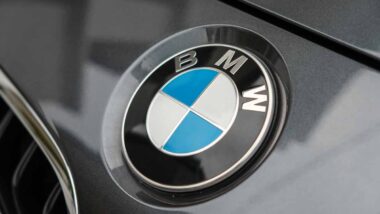
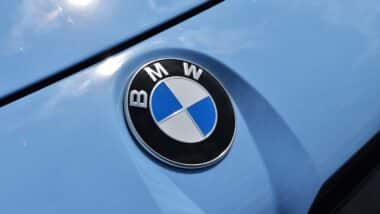
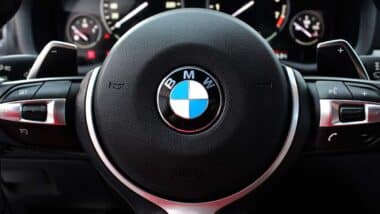
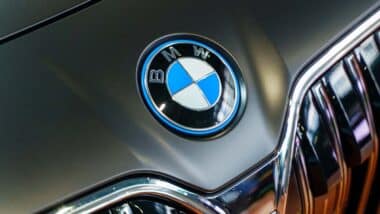
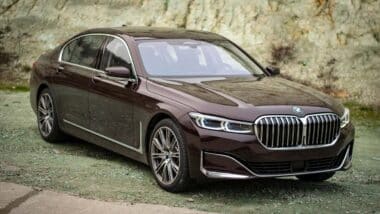
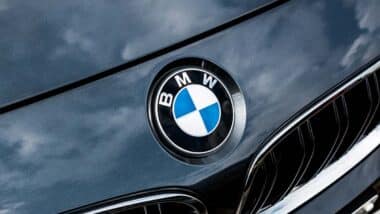
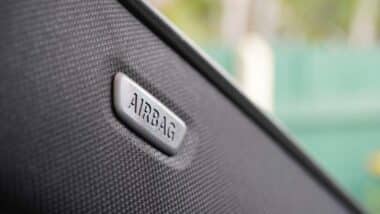

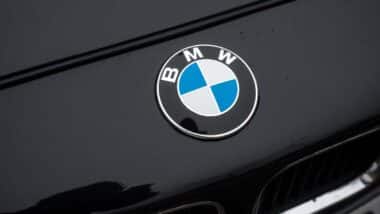
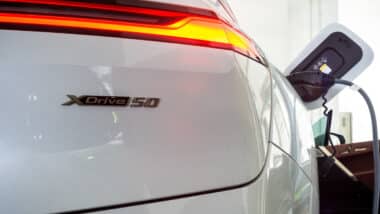
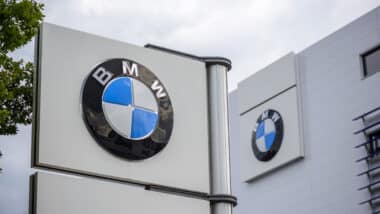

115 thoughts onAudi, VW, BMW Class Action Accuses Carmakers of Antitrust Violations
Timing chain on my 2007 Q7 cost us a fortune plus on the 3 motor my car wasn’t running at all anymore !
UPDATE 2: The TCA German Diesel Vehicle Antitrust Investigation is now open. If you leased or purchased a new German vehicle with a diesel engine between 2006 and 2014, submit your information here!
Please add me.
Include me please
Please include me
I’ve had multiple problems with my bmw x5, exspecially the timing chain.